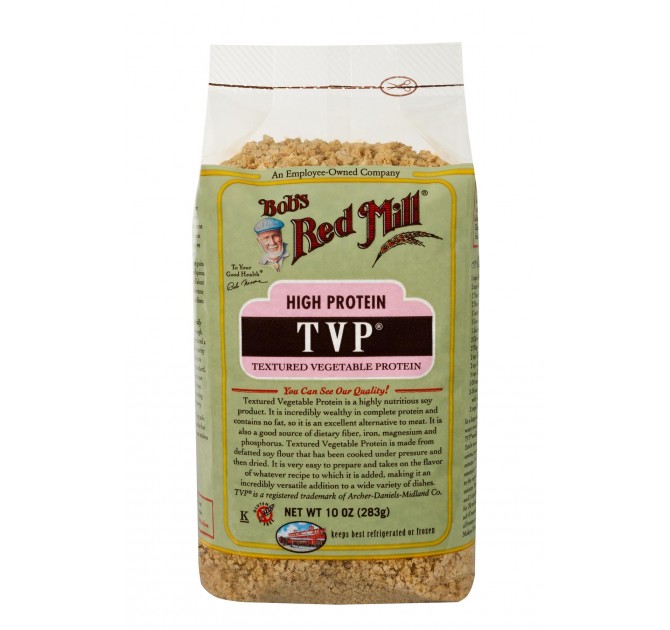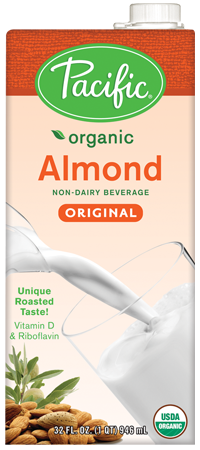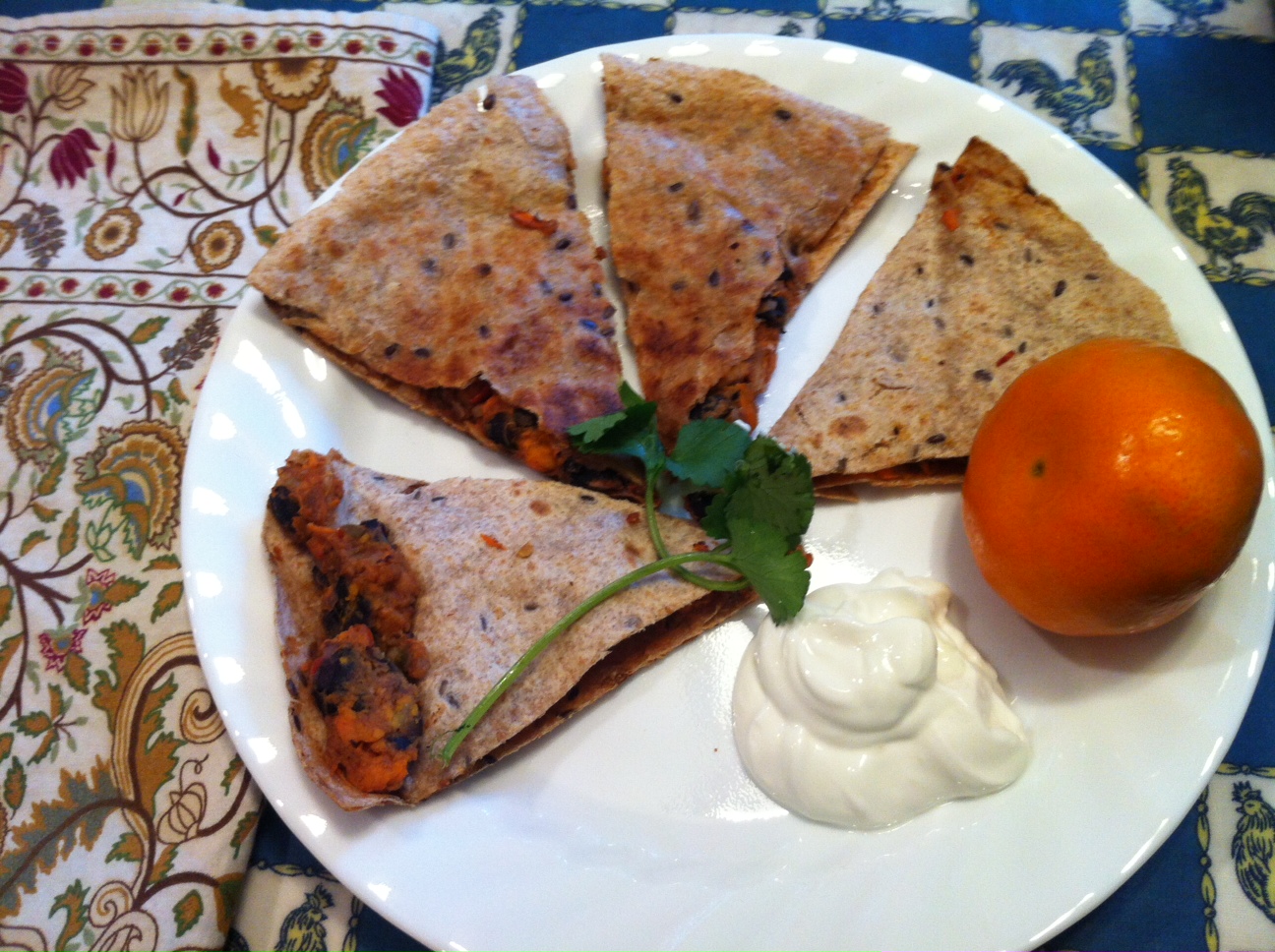[et_pb_section admin_label="section"] [et_pb_row admin_label="row"] [et_pb_column type="4_4"] [et_pb_text admin_label="Text"] Ever since the time I bought Textured Vegetable Protein (TVP) crumbles as a meat substitute, on a vegetarian friend’s recommendation, I’ve been leery of food products masquerading as actual foods.

Better just to eat vegetables than fake meat! Even tofu climbed higher on my list than TVP.
So you could say I was leery of food impostors. No high-fructose corn syrup, no non-dairy creamer, no margarine, no soy cheese in our house. Recently, however, in reading about the vegan diet I posted on earlier, I gave almond milk a try. With guilt, of course, because almonds require so much water to cultivate, and I spoke to a Washington beekeeper who had stopped trucking his bees to California to pollinate the almonds because it was too stressful on them. I would have stuck with regular milk, except the vegan book suggested too much dairy might be linked to acne. I've got three teenagers at home; this caught my attention.

Almond milk in smoothies might prove to be the "thin end of the wedge," as 20th century British books like to say. Meaning, the first impostor ingredient that opens the door for many more. I haven't tried it straight or in cereal or my tea yet, but it's worked great in smoothies and baked goods. Moreover, I switched my kids from the sweetened varieties to the unsweetened, and no one noticed. I might give rice milk a go next time, though it's not like you can grow rice without a ton of water, either.
But maybe the thin end of the wedge had already been inserted. Because a couple years ago I had a to-die-for cashew "cheesecake" at sometime BFM purveyor Jujubeet, and I was a believer. I even went so far as to attempt to make them at home. (They were fine, but not as good as Jujubeet's. If you're curious about the recipe, here's the site.)
The (anti-)sugar book I posted on last week had me rethinking sugar substitutes because author Gary Taubes talked about the smear campaign Big Sugar launched against artificial sweeteners. But, as is the case with TVP, would it not be better just to eat less real sugar, rather than to replace sugar with chemical artificial sweeteners? That seems the easiest solution, although the food industry is excited about a new, "all-natural low glycemic index sugar" developed by a Nobel prize winner. This sugar molecule is "hollowed out" without losing its sweetness, thus possibly enabling manufacturers to reduce sugar by leaps and bounds without resorting to artificial sweeteners. Interesting.
![Basic building blocks of the food industry [pic: Food Dive]](http://static1.squarespace.com/static/5898e1d3579fb3f7fe154f8a/58a3aca0403c66252dcdfeef/58a3acb5403c66252dce028d/1487121589576/Sugar.jpg?format=original) One impostor I'm curious about is Bee Free Honee, basically an apple jelly gone awry that can be used interchangeably with honey in recipes. I still have real honey in the house and certainly want to support our BFM beekeepers, but I've definitely cut back on cooking with honey because of its price! Maybe I could save the real honey for tea and topping cornbread, but make granola with a honey substitute. At $8 for a 12-oz jar, however, it's not like the bee-free variety is exactly a bargain. I'll keep you posted.
One impostor I'm curious about is Bee Free Honee, basically an apple jelly gone awry that can be used interchangeably with honey in recipes. I still have real honey in the house and certainly want to support our BFM beekeepers, but I've definitely cut back on cooking with honey because of its price! Maybe I could save the real honey for tea and topping cornbread, but make granola with a honey substitute. At $8 for a 12-oz jar, however, it's not like the bee-free variety is exactly a bargain. I'll keep you posted.
In the meantime, there's always real food to be eaten. We had these "Launcher Quesadillas" from the vegan cookbook, so named because they reportedly "launched" doubters into the lifestyle. Not everyone in my family was launched, and they were a pain to try to flip, but they were certainly tasty. Sweet potatoes, black beans, bell pepper. I added the sour cream and thought they could have used some cheese, but whatever.
 [/et_pb_text]
[/et_pb_column]
[/et_pb_row]
[/et_pb_section]
[/et_pb_text]
[/et_pb_column]
[/et_pb_row]
[/et_pb_section]




